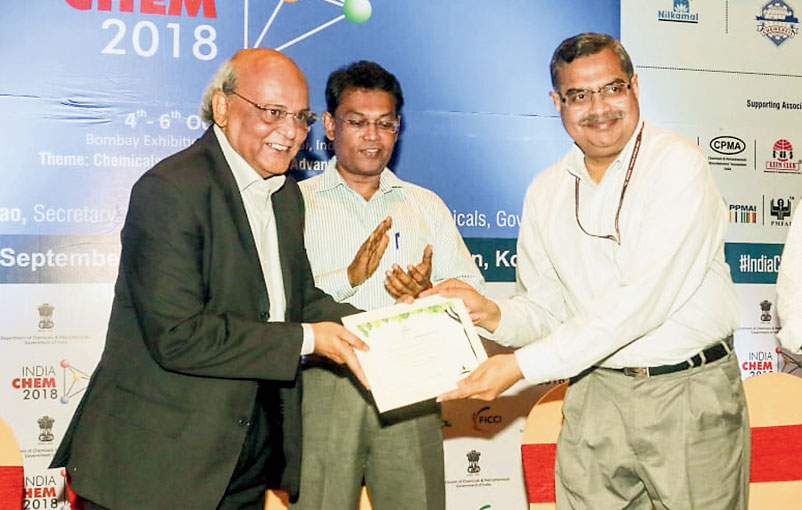The Centre will take a cue from global experiences in operating petroleum, chemical and petrochemical investment regions (PCPIR).
While studying various models developed globally for the setting up of such clusters, the government will explore the option of extending infrastructure support and ensuring the availability of feedstock for such industrial units.
“There are some issues with regard to PCPIRs. In the existing policy, the role of the central government is to provide infrastructure support outside the boundaries of PCPIRs, which is still a very large area,” chemicals and petrochemicals secretary P. Raghavendra Rao said, adding that the state governments have the responsibility of development within the clusters.
He said the issues affecting the chemical hubs include feedstock availability and infrastructure support, including pipelines to transport the feedstock and end-products.
“Now, we are focusing on what kind of support is needed in terms of road, power and water supply within the PCPIRs and how do we ensure the availability of feedstock,” he said.
While the Centre grants approval for the establishment of the chemical hubs and provides external infrastructure linkages, the state government has to provide road and power connectivity, water supply, sewage and effluent treatment and set up the management board of the PCPIR.
There were four approved PCPIRs — in Gujarat, Andhra Pradesh, Odisha and Tamil Nadu. Of these, only the the one in Gujarat has taken off.










